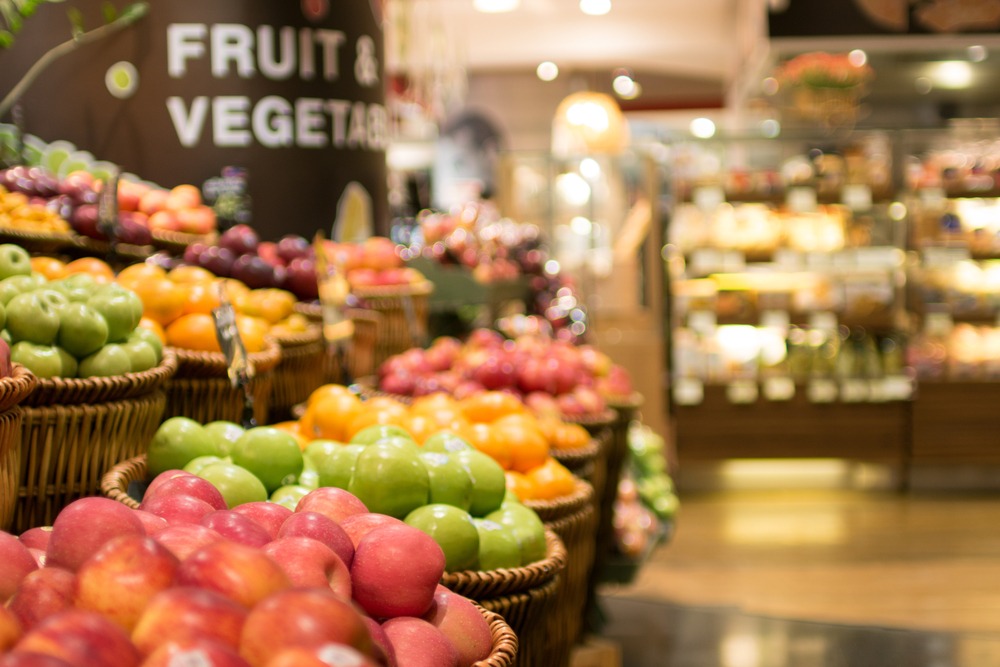Apeel Sciences, a Goleta, Calif.-based startup backed by both Bill Gates and Andreessen Horowitz, has raised a $70 million Series C in its effort to keep avocados ripe a little longer.
The biotech company uses agricultural byproducts and waste such as orange peels to manufacture a formula that can be applied to fresh produce to extend its shelf life. Its products are 100% edible and decompose in the environment the same way that food does.
The investment round was led by Viking Global Investors, an American-based hedge fund based in Greenwich, Conn., with participation from Andreessen Horowitz, Upfront Ventures and S2G Ventures.
Closed your funding round and will be announcing soon? Want to share this with our 50,000 members and subscribers including over 5,000 investors? Email [email protected]
“The scale of Viking’s investment vehicle and thesis on the future of agriculture positions us to leverage Apeel’s technology on a global scale and establish an entirely new food supply system,”
James Rogers, Apeel Sciences’ CEO, told AFN.
Apeel Sciences was founded in 2012 with a grant from the Bill & Melinda Gates Foundation and since that time, has raised $110 million for its innovative process, which utilizes food waste and other plant material to delay the aging of fruit and vegetables. This is a boom to grocers who cannot only reduce food waste but boost its overall margins.
In the US, approximately 40% of all food grown is wasted, and the country spends more than $218 billion, or 1.3% of GDP, growing, processing, transporting, and disposing of that uneaten food. Numbers in other parts of the world are often even higher.
“There are a lot of inefficiencies in the food chain which result in over $2 trillion a year globally of food wasted,” Rogers said. “For us, we approach a solution from a preventative stance. That is, if we can make produce last longer, then it has more time to travel, to be on a shelf, to be in people’s homes, and also… to get eaten.”
Apeel Sciences also welcomed Walter Robb, former co-CEO of Whole Foods Market, to its board of directors. In his new role, Robb will advise the company as it scales to meet demand from the U.S. and international fresh food suppliers and retailers.
“Walter brings to Apeel the voice of the customer and the operational experience of building one of the world’s most trusted brands,” Rogers said.
Earlier this year, the company introduced Apeel avocados at Costco and Harps Food Stores in the US, and they were a hit with retailers.
“These are our first moments in stores and first partnerships with retailers—basically our first opportunities to prove ourselves and our value to retailers, producers, and consumers,” Rogers said. “And in just one month, we have already proven Apeel is driving profitability for suppliers and retailer partners who are already reporting a 65%-point increase in margin and 10% lift in sales in the Hass avocado category.”
The money from the new funding will be geared towards a multitude of things, all aimed at increasing its focus on developing new plant-based solutions with a wide range of applications across perishable categories.
“We’ll be scaling up to meet additional supplier and retailer demand for programs across avocado, citrus, berry, stone fruit and asparagus categories, grow our team at our 105,000-square-foot facility in Santa Barbara and also establish satellite facilities to service partners in US growth regions,” Rogers said. “We will also continue our R&D efforts plant-based solutions with a wide range of applications across perishable categories.”
Apeel Sciences also just recently released Apeel for citrus in a partnership with Eco Farms, and next up for the company will be Apeel for Asparagus and Rogers expects to announce more exciting partnerships in the months to come.
“We’re honored to have Viking Global Investors and Walter Robb as new partners on our journey to help the fresh food supply chain gain efficiencies that will help put a stop to food waste and enable better quality food to come to market,” he said.





